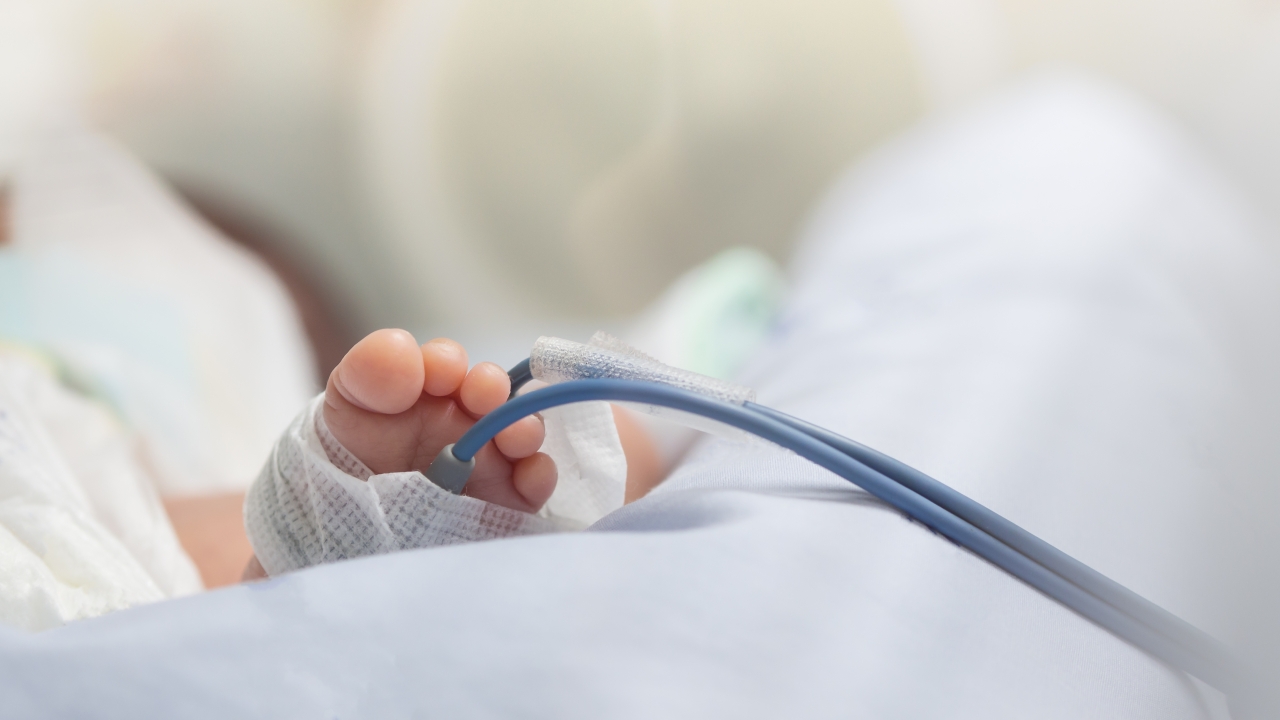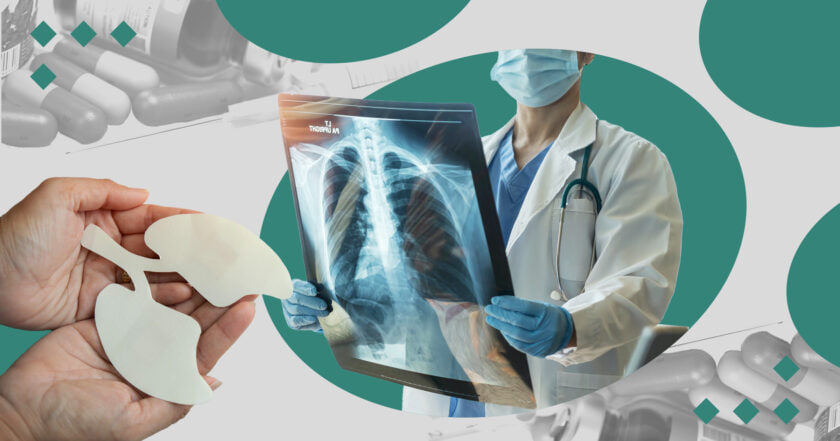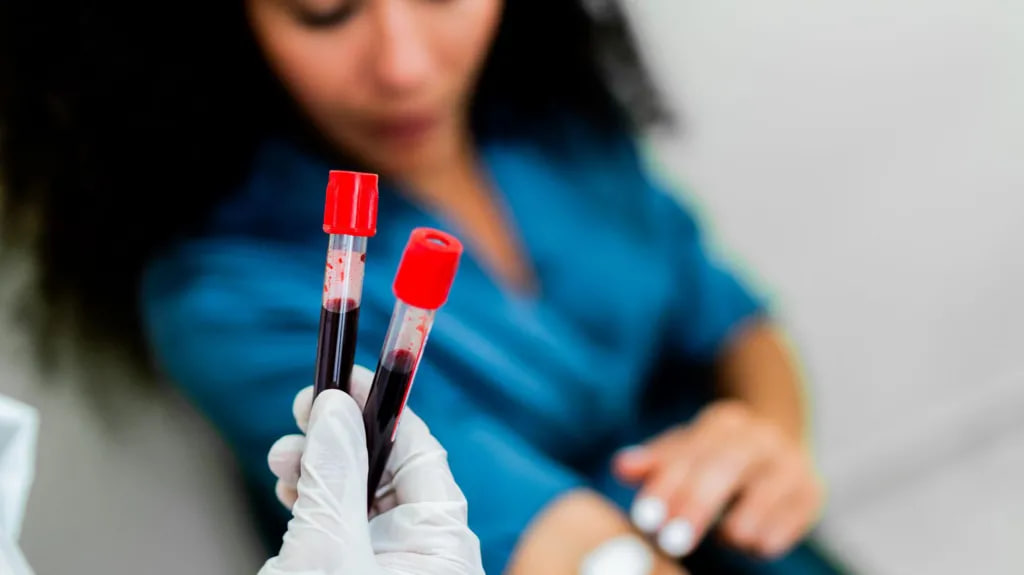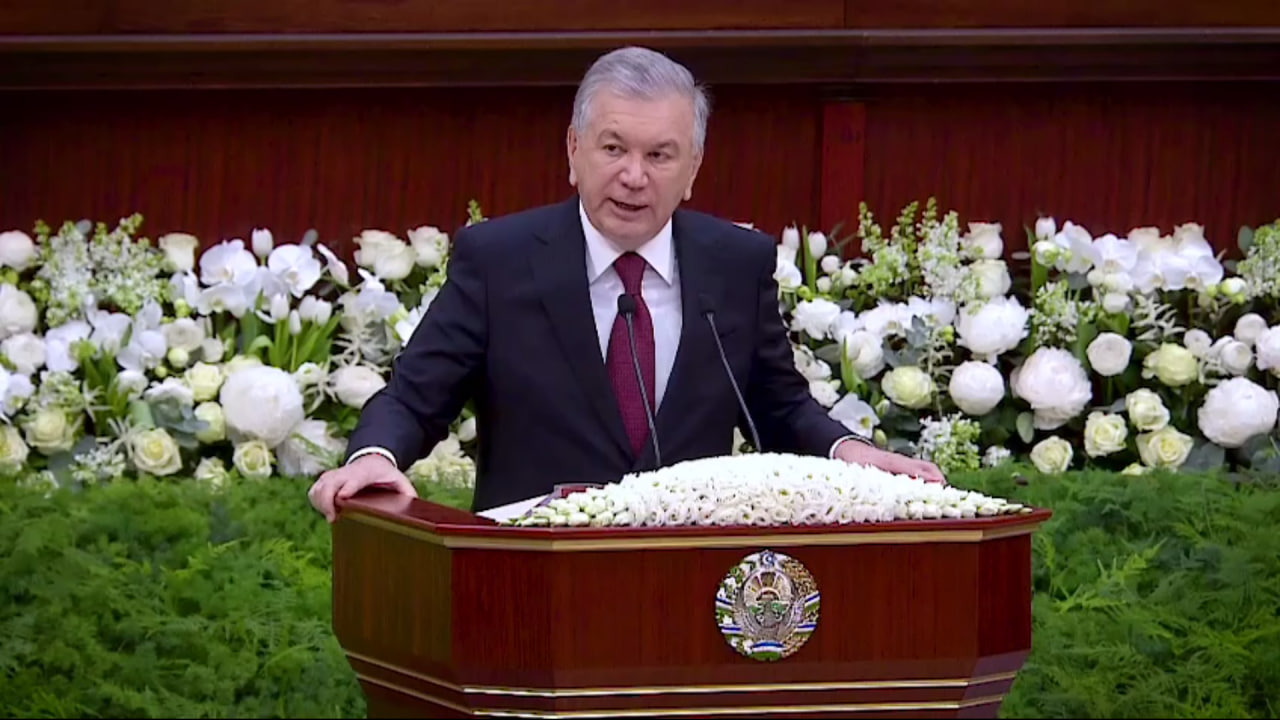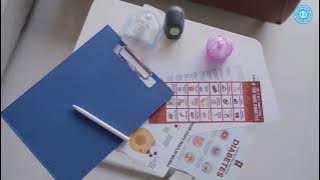08:47 (28.03.2024)
5239
$4.25 million gene therapy for kids becomes world's priciest drug
A lifesaving gene therapy for children born with a rare and debilitating disease has just been approved by the U.S. Food and Drug Administration. The catch? Its wholesale cost has been set at $4.25 million, making it the most expensive medicine in the world.
Orchard Therapeutics announced the hefty price for Lenmeldy Wednesday, two days after the FDA approved the therapy as the only treatment for kids with metachromatic leukodystrophy, or MLD.
MLD is an incurable genetic disorder caused by a certain gene mutation that creates a deficiency of the enzyme arylsulfatase A (ARSA), according to the National Institutes of Health. This leads to a toxic buildup of fatty substances called sulfatides in cells, which gradually destroys the fatty covering around nerve fibers, called the myelin sheath, the NIH says. This irreversibly damages the nervous system, leading to loss of function and early death, per the NIH and FDA.
The FDA and Orchard Therapeutics estimate 1 in 40,000 Americans are affected by the rapidly progressive disease each year, meaning fewer than 40 children face the poor prognosis annually.
Most cases are categorized as late infantile MLD, meaning symptoms begin between 6 months and 2 years of age, according to the Children's Hospital of Pittsburgh. The majority of these children die by the age of 5, the NIH says.
Others can develop juvenile MLD, which sees slowly progressing symptoms begin at age 4 and continue developing through adolescence, Children's says. Those affected by this form typically pass away within 6 to 14 years of their symptom onset, according to NIH.
Before Lenmeldy, the only treatment for any type of MLD was bone marrow transplantation to delay the progression of the disease in some infantile cases, the NIH says. Other than that, the only options were symptomatic and end-of-life care. Now, the newly approved therapy gives MLD patients a chance to live longer lives with fewer symptoms.
The "one-time, individualized single-dose infusion," as the FDA describes it, works by adding functional copies of the ARSA gene to a patient's own blood stem cells. After a high dose of chemotherapy, a doctor would collect the cells to genetically add the vital enzyme to their cells before transplanting the modified cells back into the patient, the FDA says. Back in the body, the modified stem cells will attach and multiply within the bone marrow and facilitate the production of the ARSA enzyme, which will then break down the sulfatides and help slow — or even stop — MLD progression.
"Lenmeldy is truly a paradigm-shifting medicine and has the potential to stop or slow the progression of this devastating childhood disease with a single treatment, particularly when administered prior to the onset of symptoms," said Dr. Bobby Gaspar, co-founder of Orchard Therapeutics.
The treatment is specifically approved for pre-symptomatic late infantile and early juvenile as well as early symptomatic early juvenile MLD cases. And clinical studies have shown a high success rate.
A trial in which 37 pediatric patients with early-onset MLD received a one-time administration of Lenmeldy left each one with a significant reduction in severe motor impairment or death compared to untreated children, the FDA said. Orchard Therapeutics reported each child was alive at the age of 6 compared to only 58% of the untreated group, and at the age of 5, 71% were able to walk without help and 85% had normal speech and performance IQ scores — a finding not reported in the control group.



